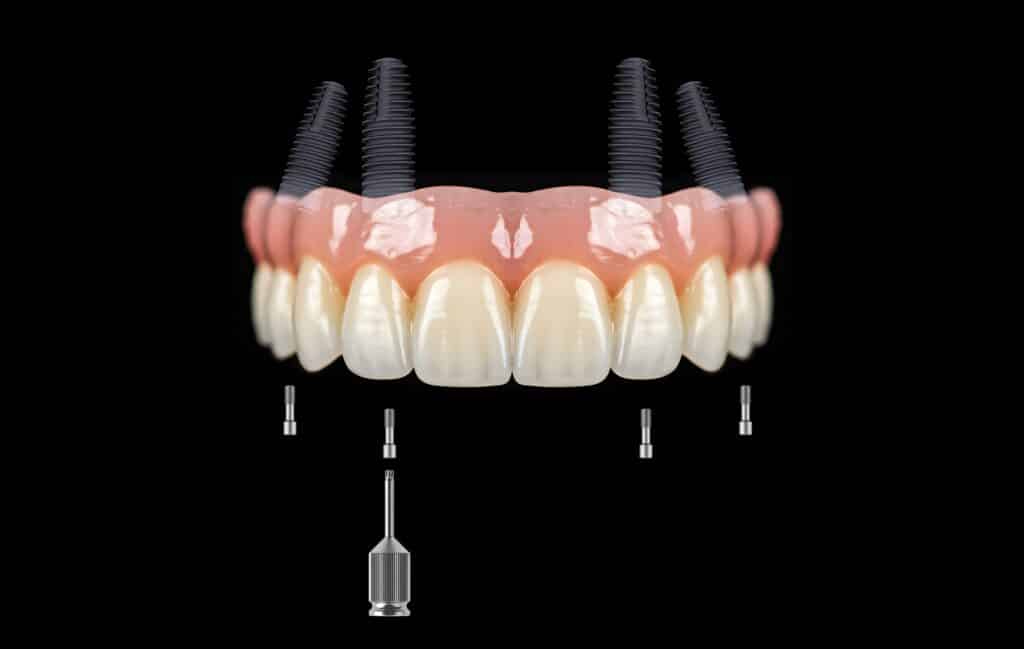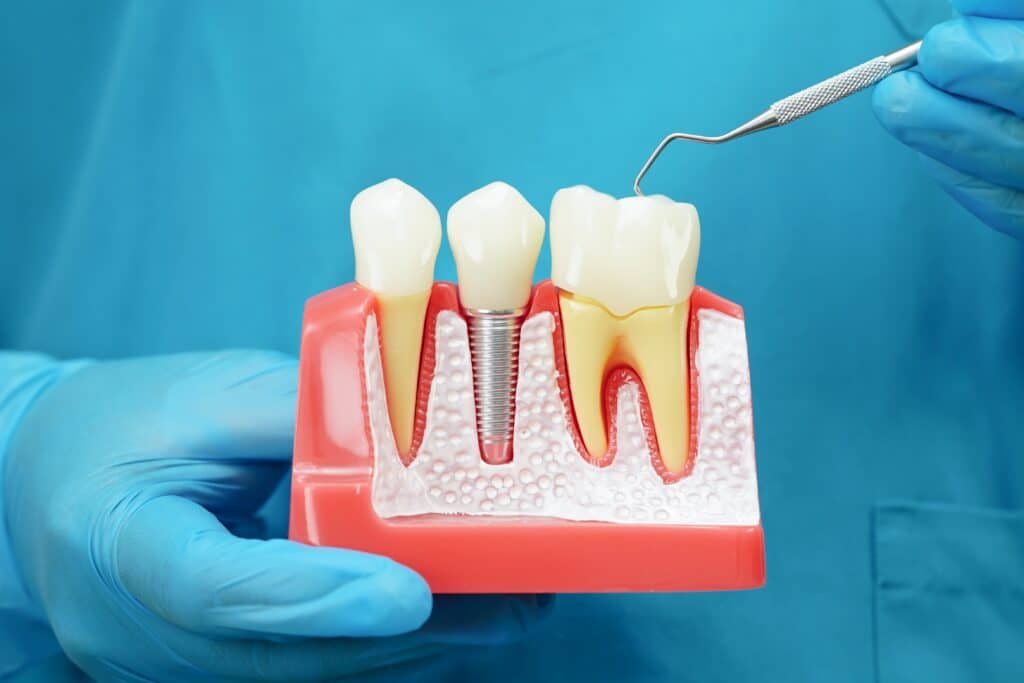You might think that by your late teens or early 20s, your teeth have all come in and settled. Not so fast. Between the ages of 17 and 25, wisdom teeth can emerge at the back of your mouth—often bringing discomfort, crowding, or other dental issues.
Third molars, often called wisdom teeth because of their late arrival, may not make a smooth entrance and, instead, disrupt your dental health, making removal a good option. In fact, about 5 million Americans have their it removed each year.
If you’re trying to figure out whether to join this large group, you’re in the right place. In this month’s blog post, Dr. Negar Tehrani explore why our patients come to Aura Dentistry for extraction in the hopes that we can provide some useful information for your decision-making,
When wisdom teeth no longer make sense
Wisdom teeth are funny, as they’ve become largely irrelevant. There was a time when this third set of molars at the backs of our mouths made sense — early humans needed them for heavier chewing and tearing duties.
However, with today’s diet, these teeth are largely obsolete as foods are easier to chew. In fact, evolutionarily speaking, they seem to be disappearing on their own, as between 5% and 37% of people are missing one or more of their wisdom teeth.
This brings us to the primary reason people come to us for its removal—there’s not enough room for them. As it become obsolete, our jawbones gradually become smaller, which means there often isn’t enough room for these teeth when they arrive.
As a result, many people have wisdom teeth that:
- Become impacted (they remain under the gums)
- Only partially erupt
- Push existing teeth out of position
- Come in sideways
Each of these scenarios can lead to dental issues that range from crowding and increased risk of tooth decay to painful infections and abscesses due to impacted wisdom teeth. In other words, these third molars are far more hassle than they’re worth, especially considering that they really don’t play an essential role in your mouth.
So, if you’re feeling pain or your wisdom teeth are threatening your dental health, it’s a good idea to have us remove them.
Say goodbye to wisdom teeth
If you decide that it’s no longer wise to hold onto it, the good news is that we can remove them quickly and easily.
We assure you that, thanks to local anesthesia or sedation dentistry, you won’t feel any discomfort or pain during your extraction. Any soreness afterward is usually over in a few days as your mouth heals quickly.
But we’re getting ahead of ourselves. If you’re on the fence about what to do about your wisdom teeth, it’s a good idea to sit down with us to explore your options. To get started, please contact our office in McLean, Virginia, at 703-429-0770 to schedule an appointment. You can also use our online form to request a consultation.




